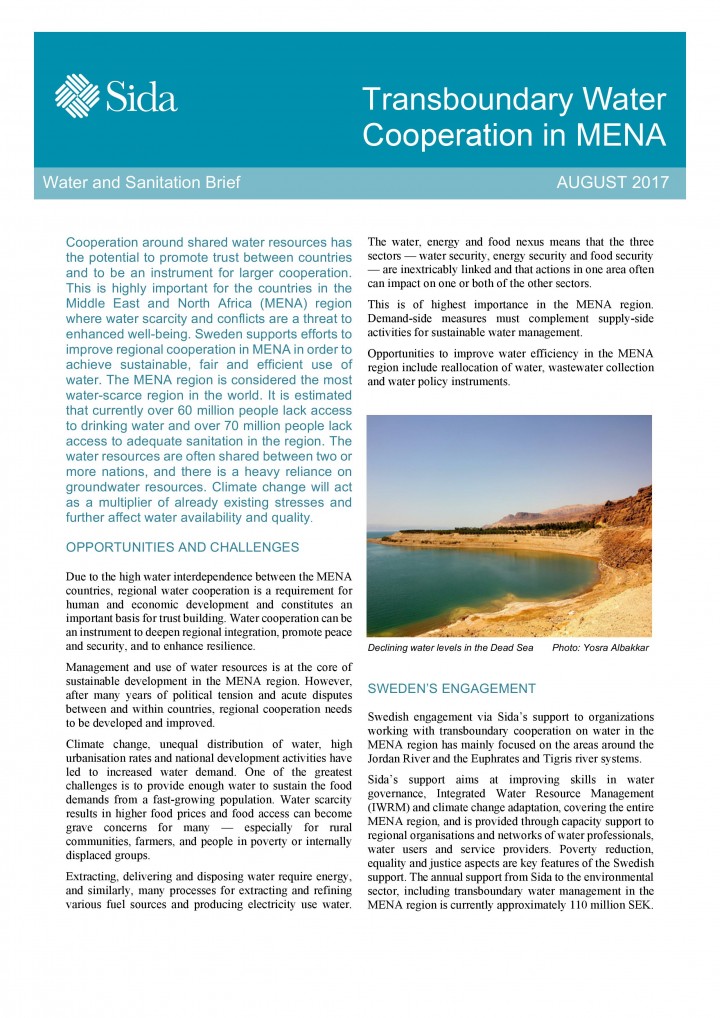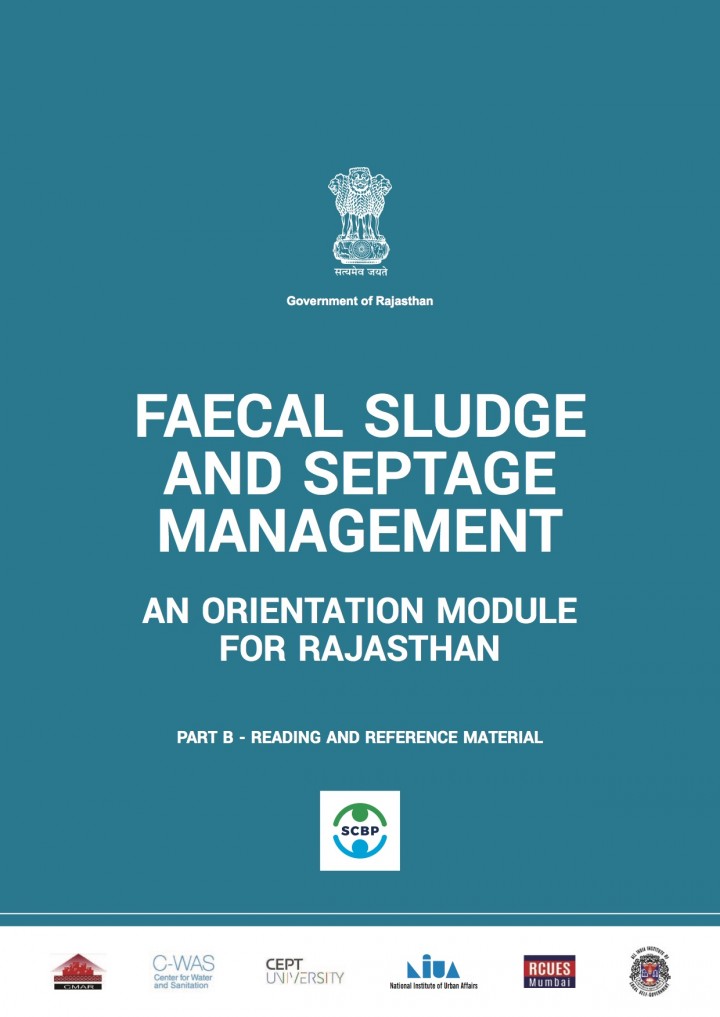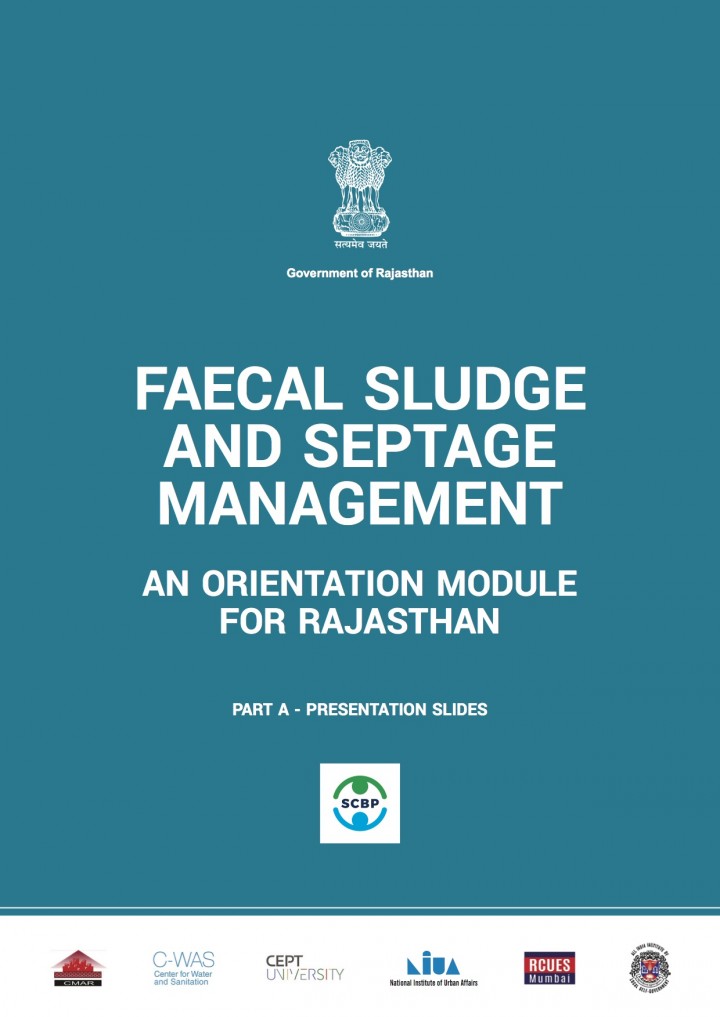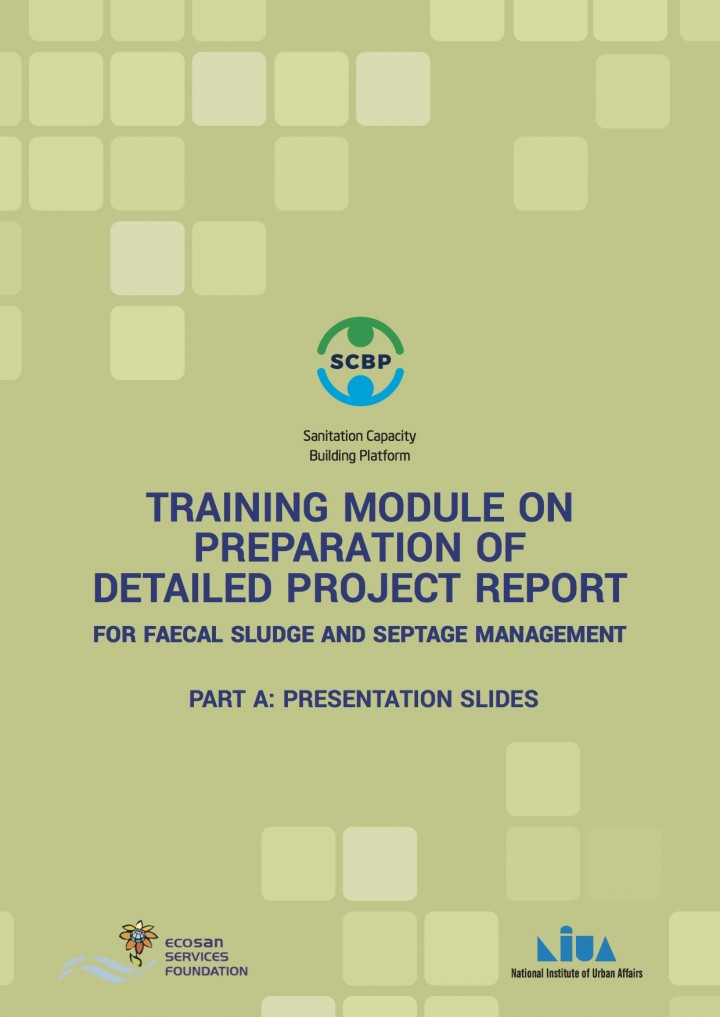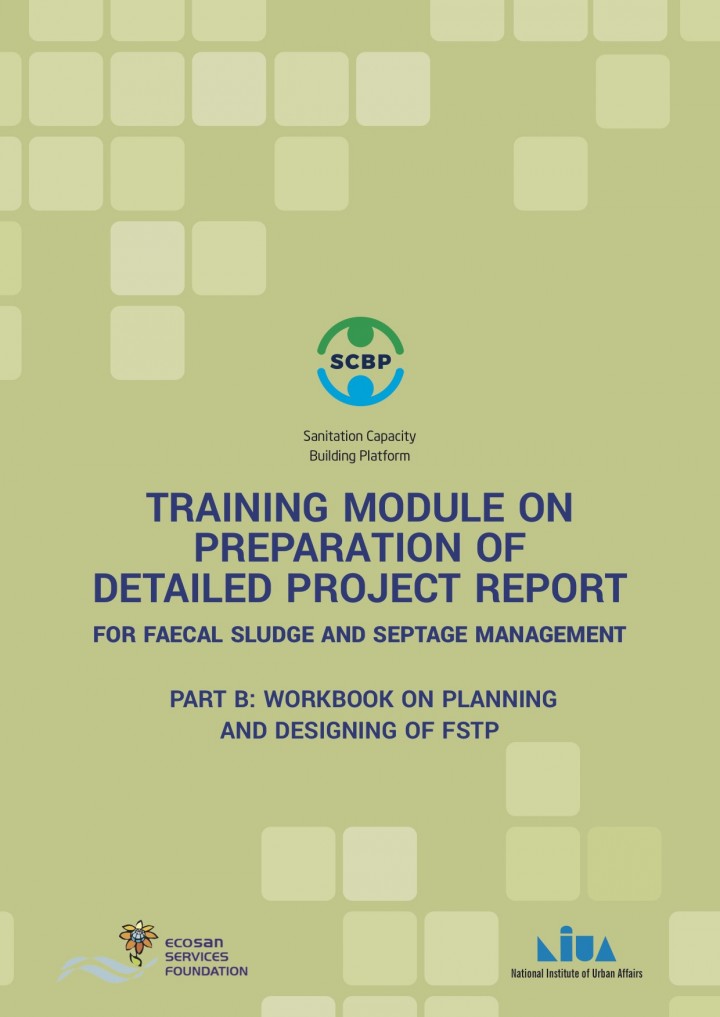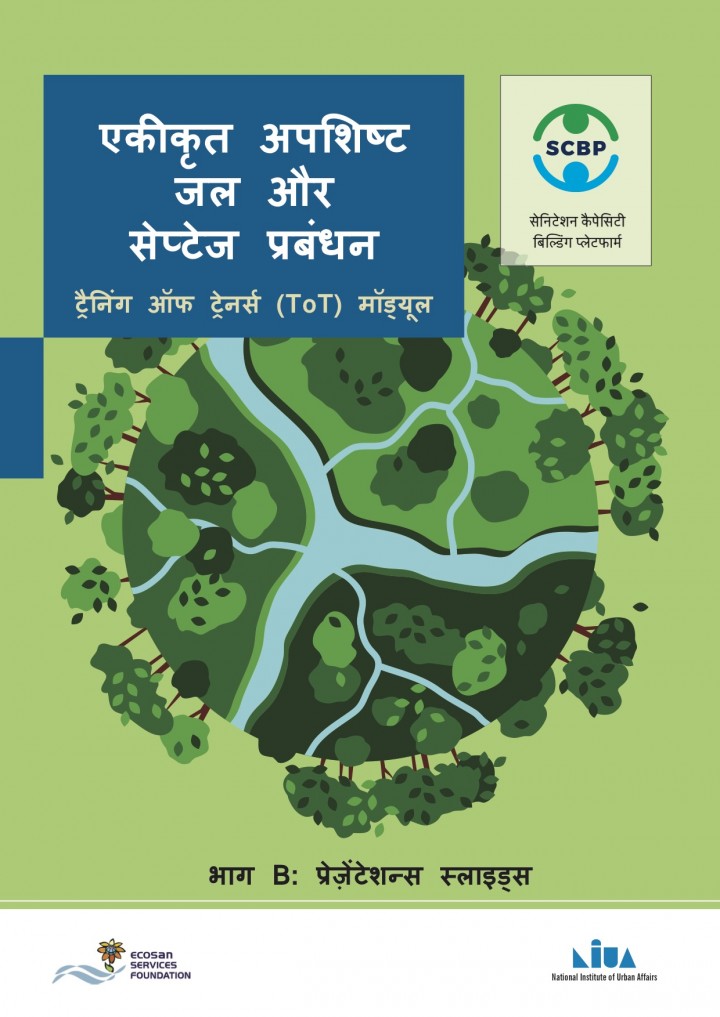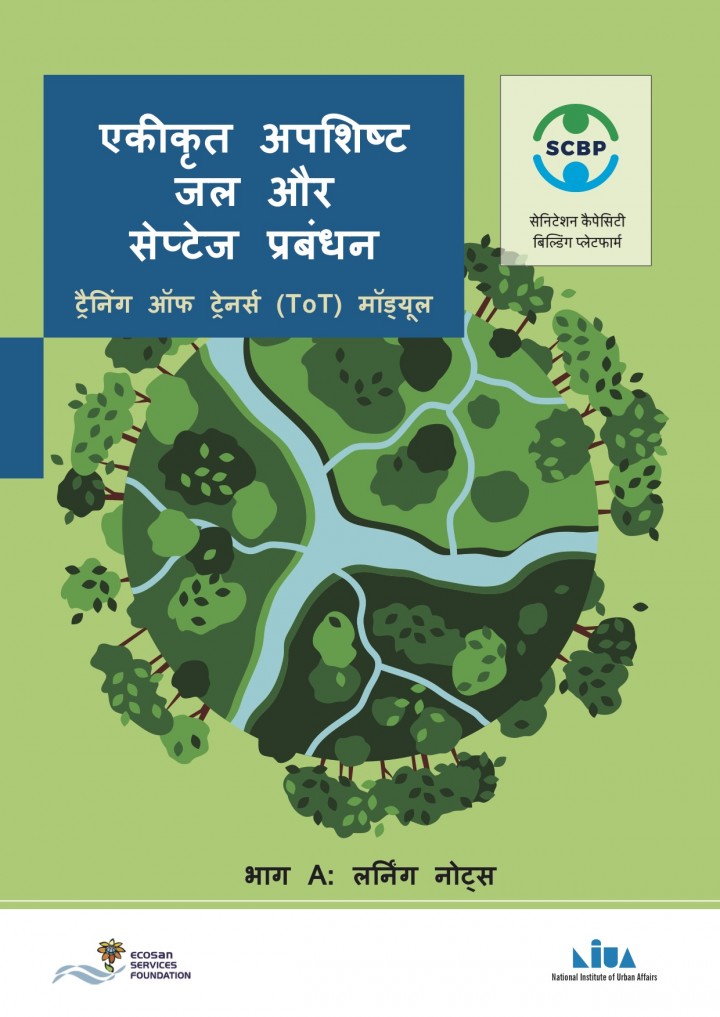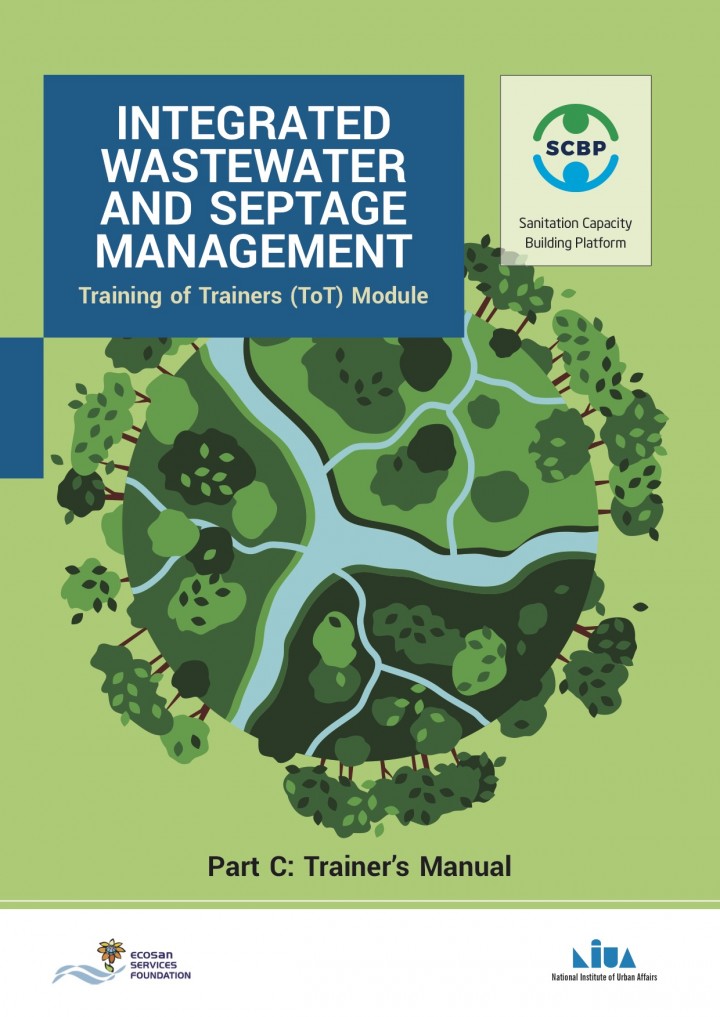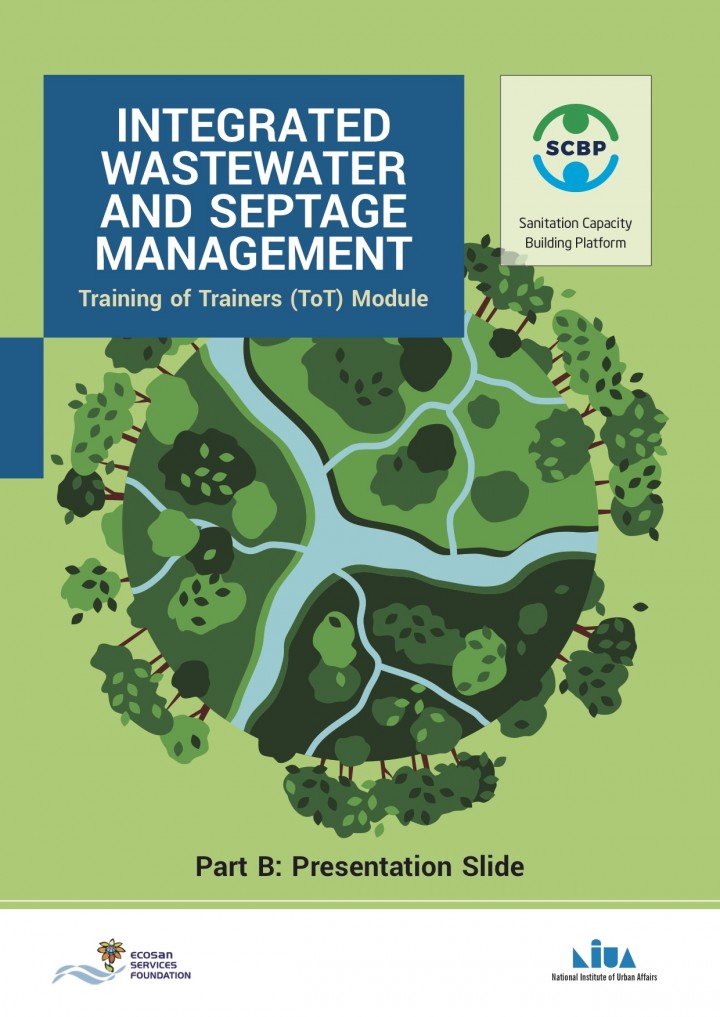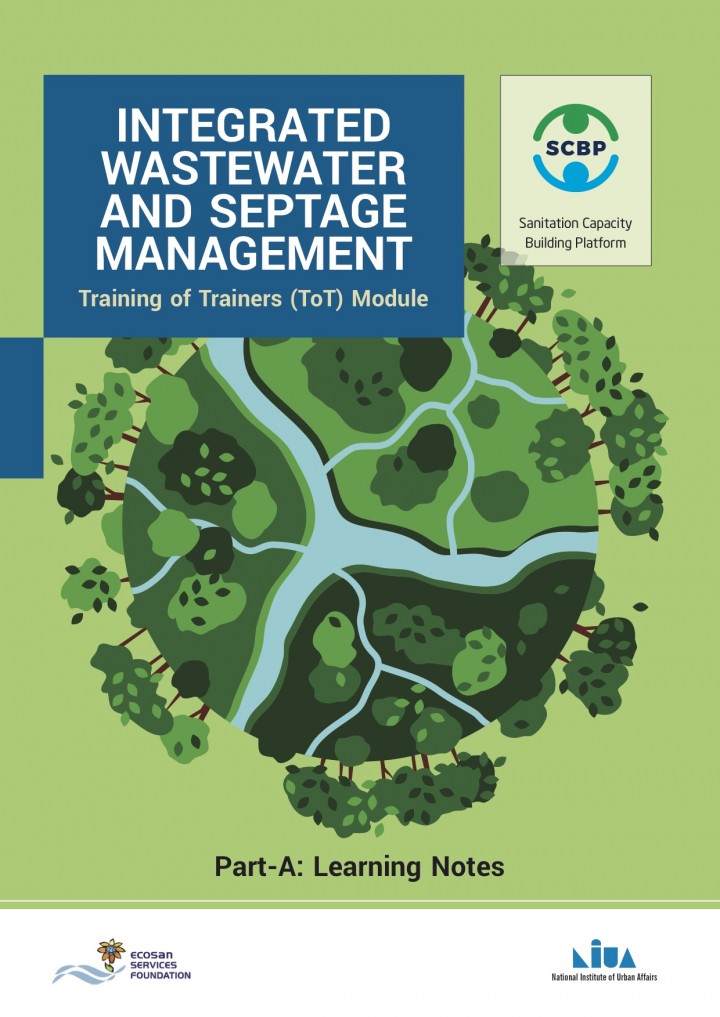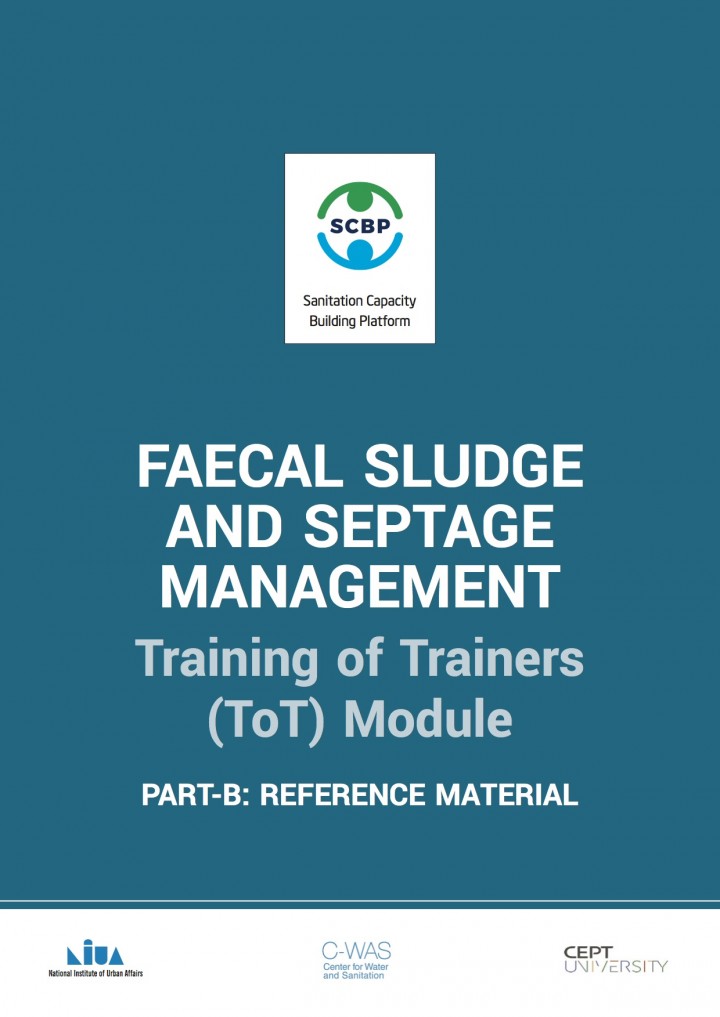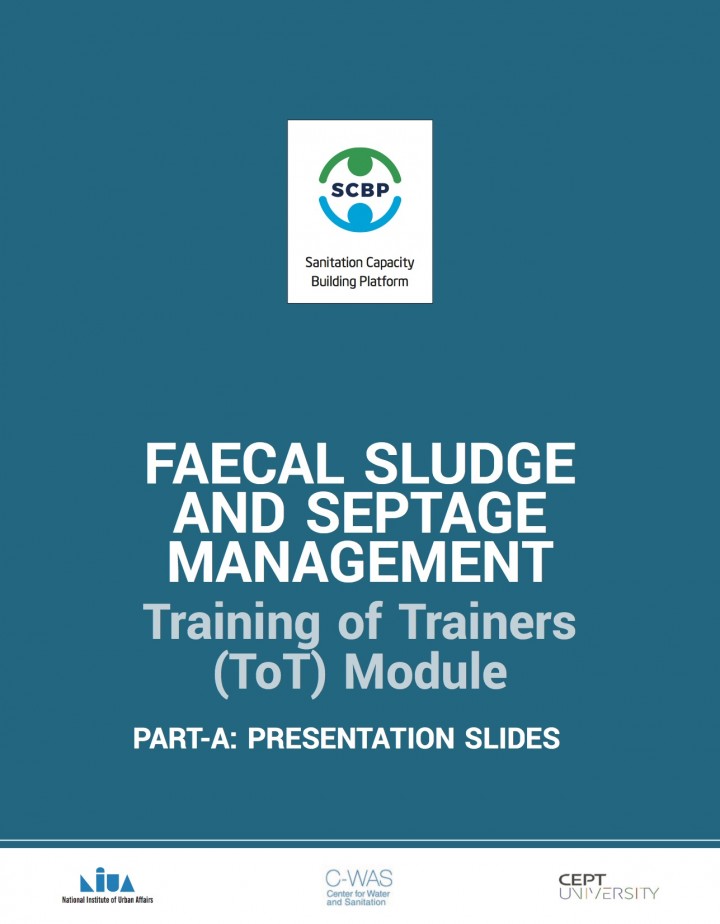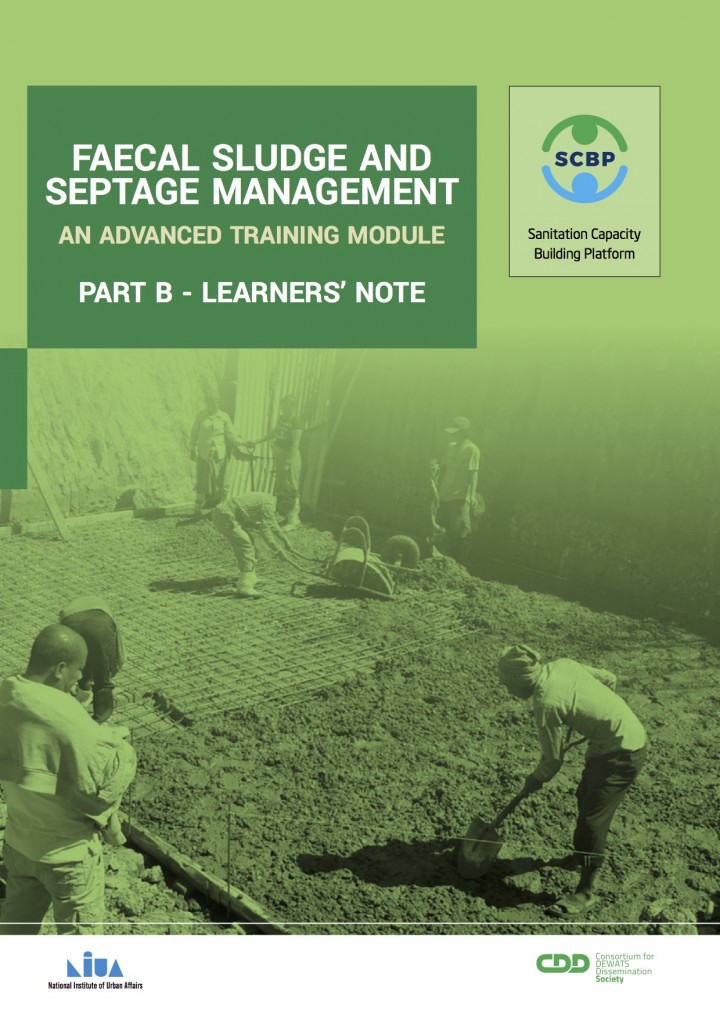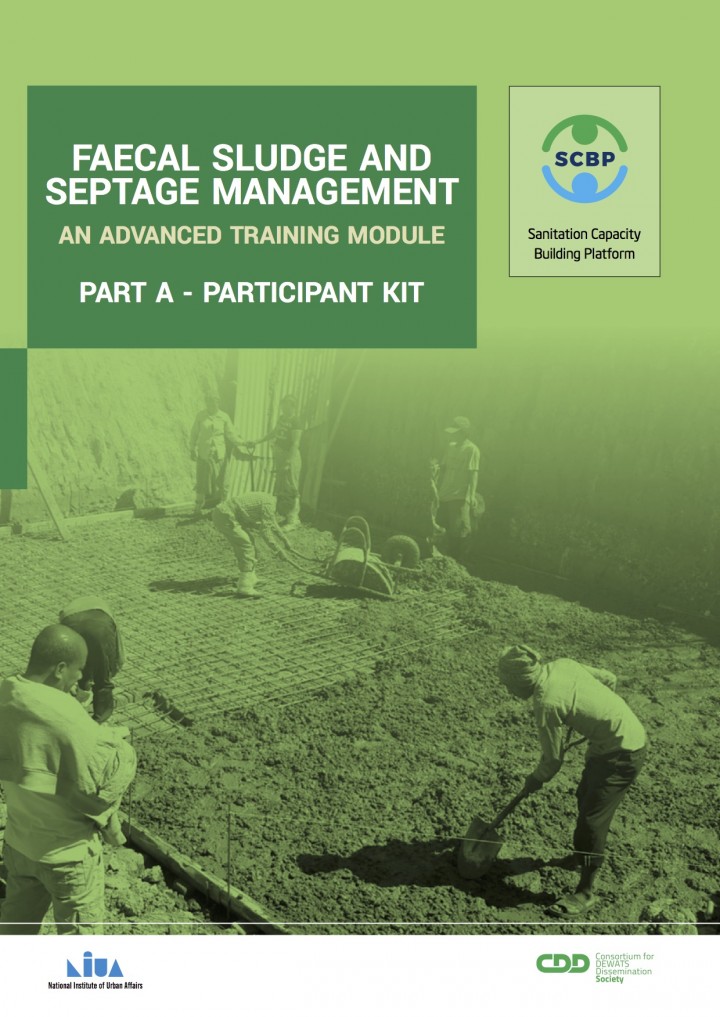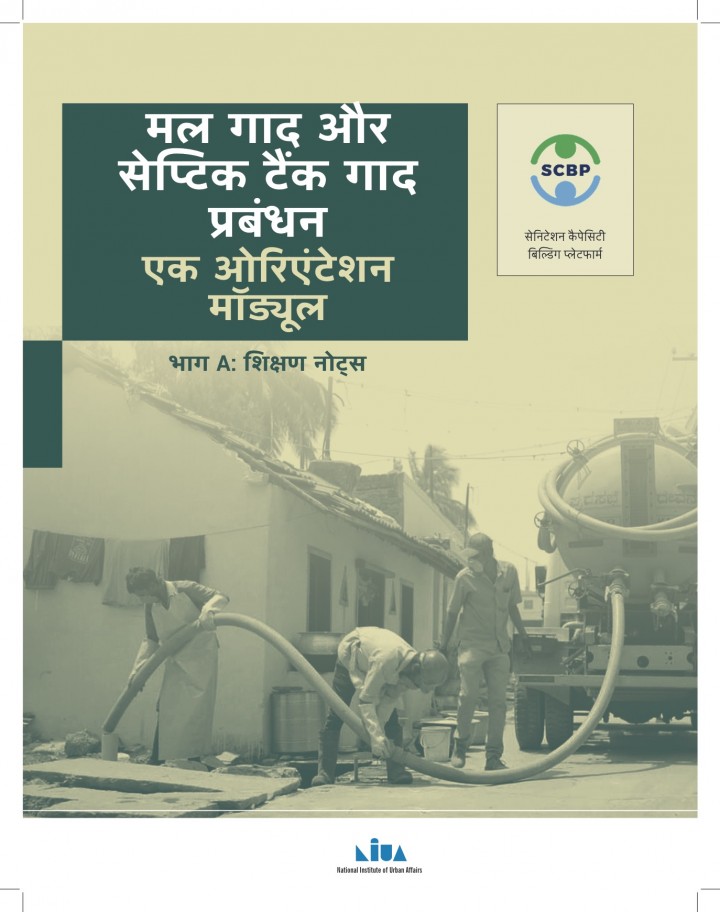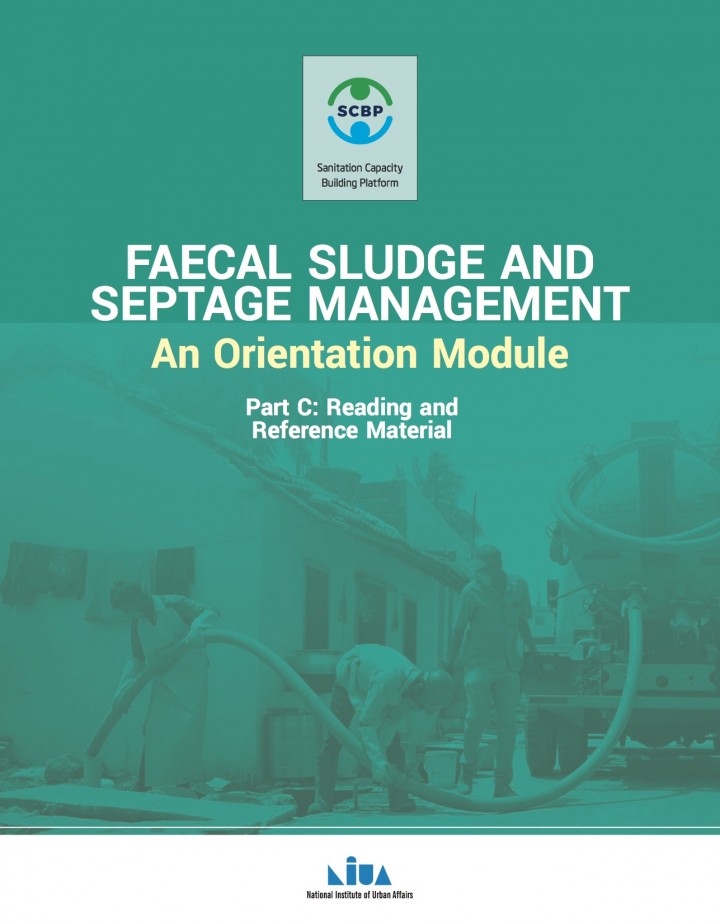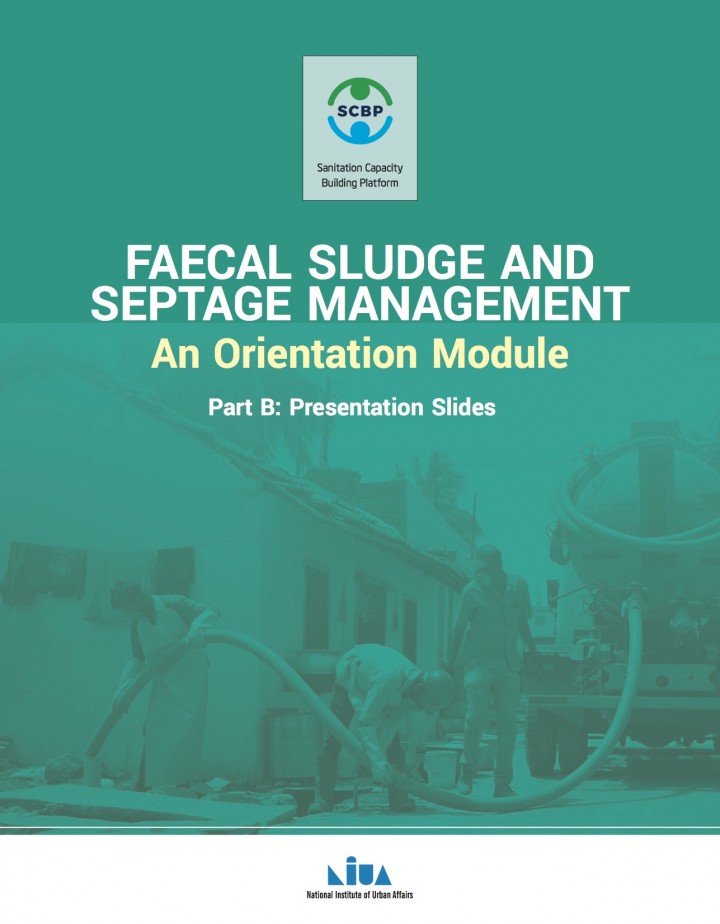Siewert, M. (2015) Low Cost Group WASH Facilities: A scalable Solution for Hygiene Promotion in Primary Schools? Functionality Assessment of a new Design Approach
SIDA (2017) Transboundary Water Cooperation in MENA Water and Sanitation Brief
Cooperation around shared water resources has the potential to promote trust between countries and to be an instrument for larger cooperation. This is highly important for the countries in the Middle East and North Africa (MENA) region where water scarcity and conflicts are a threat to enhanced well-being. Sweden supports efforts to improve regional cooperation in MENA in order to achieve sustainable, fair and efficient […]
de Man, R. (2016) Transboundary wastewater governance Options based on an uncertainty perspective
Joint governance of the shared water resources of Israelis and Palestinians is limited through a range of political disputes. One of the disputes concerns wastewater, which presents both a source as well as an environmental nuisance. In this article the following question is addressed: which uncertainties can be identified that hinder transboundary cooperation on wastewater in and across the West Bank?
Jordan Investment Commission (2017) دراسة جدوى اقتصادية أولية لمشروع زراعة الاعلاف بالري المحوري Preliminary Economic Feasibility Study for the Irrigation Project of Central Irrigation Feed (in Arabic)
تهدف هذه الدراسة الى ايجاد الجدوى الاقتصادية لزراعة الاعلاف بالري المحوري. علما بأن نتائج التحليل المالي تشير الى أن صافي القيمة الحالية للتدفقات النقدية لمشروع زراعة الاعلاف هي ايجابية. ويمكن إقامة هذه المشاريع بشرط توفر المياه السطحية او الجوفية ويفضل زارعتها على المياة المعالجة الصادرة من محطات التنقية
NIUA (2018) Faecal Sludge and Septage Management An Orientation Module for Rajashtan An Orientation Module for Rajasthan (Part B: Reading and Reference Material)
About the Training Modules Training Modules on decentralsid sanitation, septage and waste water have been developed, tested and delivered by SCBP during 2016-17, during training of government officials from UP, Rajasthan, MP, Telengana, Bihar, Karnataka, West Bengal, Jharkhand and Chattisgarh. These Modules have also been used in Training of Trainers(ToTs) of Amrut Nodal Agencies, Academia, Students, NGOs and Private Sector. Modules are in 3 Parts […]
NIUA (2018) Faecal Sludge and Septage Management An Orientation Module for Rajashtan (Part A: Presentation Slides)
About the Training Modules Training Modules on decentralsid sanitation, septage and waste water have been developed, tested and delivered by SCBP during 2016-17, during training of government officials from UP, Rajasthan, MP, Telengana, Bihar, Karnataka, West Bengal, Jharkhand and Chattisgarh. These Modules have also been used in Training of Trainers(ToTs) of Amrut Nodal Agencies, Academia, Students, NGOs and Private Sector. Modules are in 3 Parts […]
NIUA (2018) Training Module on Preparation of Detailed Project Report for Faecal Sludge and Septage Management Part A: Presentation Slides
About the Training Modules Training Modules on decentralsid sanitation, septage and waste water have been developed, tested and delivered by SCBP during 2016-17, during training of government officials from UP, Rajasthan, MP, Telengana, Bihar, Karnataka, West Bengal, Jharkhand and Chattisgarh. These Modules have also been used in Training of Trainers(ToTs) of Amrut Nodal Agencies, Academia, Students, NGOs and Private Sector. Modules are in 3 Parts […]
NIUA (2018) Training Module on Preparation of Detailed Project Report for Faecal Sludge and Septage Management Part B: Workbook on Planning and Designing of FSTP
About the Training Modules Training Modules on decentralsid sanitation, septage and waste water have been developed, tested and delivered by SCBP during 2016-17, during training of government officials from UP, Rajasthan, MP, Telengana, Bihar, Karnataka, West Bengal, Jharkhand and Chattisgarh. These Modules have also been used in Training of Trainers(ToTs) of Amrut Nodal Agencies, Academia, Students, NGOs and Private Sector. Modules are in 3 Parts […]
NIUA (2017) Integrated Wastewater and Septage Management Training of Trainers (ToT) Module (Part B: Presentation Slides) (In Hindi)
Integrated Wastewater and Septage Management Module The Module provides a good understanding of the landscape of waste water and urban sanitation challenges and a conceptual understanding of waste water and septage treatment systems. The module looks at a city/town waste water and sanitation lansdcape and explore technology solutions. Part C of the Manual is for Trainers. Part A and Part B are also published in […]
NIUA (2017) Integrated Wastewater and Septage Management Training of Trainers (ToT) Module (Part A: Learning Notes) (In Hindi)
There are centralized and decentralized / on site systems of treatment of wastewater and septage. While conventional sewerage may be a comprehensive system for sewage collection and transport, it also is a highly resource intensive technology for CapEx and OpEx. Consequently, high capital cost and significant O&M cost of this system inhibits its widespread adoption in all sizes of urban areas. Decentralized FSTP are emerging as […]
NIUA (2017) Integrated Wastewater and Septage Management Training of Trainers (ToT) Module (Part C: Trainer's Manual)
Integrated Wastewater and Septage Management Module The Module provides a good understanding of the landscape of waste water and urban sanitation challenges and a conceptual understanding of waste water and septage treatment systems. The module looks at a city/town waste water and sanitation lansdcape and explore technology solutions. Part C of the Manual is for Trainers. Part A and Part B are also published in […]
NIUA (2017) Integrated Wastewater and Septage Management Training of Trainers (ToT) Module (Part B: Presentation Slides)
Integrated Wastewater and Septage Management Module The Module provides a good understanding of the landscape of waste water and urban sanitation challenges and a conceptual understanding of waste water and septage treatment systems. The module looks at a city/town waste water and sanitation lansdcape and explore technology solutions. Part C of the Manual is for Trainers. Part A and Part B are also published in […]
NIUA (2017) Integrated Wastewater and Septage Management Training of Trainers (ToT) Module (Part A: Learning Notes)
There are centralized and decentralized / on site systems of treatment of wastewater and septage. While conventional sewerage may be a comprehensive system for sewage collection and transport, it also is a highly resource intensive technology for CapEx and OpEx. Consequently, high capital cost and significant O&M cost of this system inhibits its widespread adoption in all sizes of urban areas. Decentralized FSTP are emerging as […]
NIUA (2018) Faecal Sludge and Septage Management Training of Trainers (ToT) Module (Part B: Reference Material)
About the Training Modules Training Modules on decentralsid sanitation, septage and waste water have been developed, tested and delivered by SCBP during 2016-17, during training of government officials from UP, Rajasthan, MP, Telengana, Bihar, Karnataka, West Bengal, Jharkhand and Chattisgarh. These Modules have also been used in Training of Trainers(ToTs) of Amrut Nodal Agencies, Academia, Students, NGOs and Private Sector. Modules are in 3 Parts […]
NIUA (2017) Faecal Sludge and Septage Management Training of Trainers (ToT) Module (Part A: Presentation Slides)
About the Training Modules Training Modules on decentralsid sanitation, septage and waste water have been developed, tested and delivered by SCBP during 2016-17, during training of government officials from UP, Rajasthan, MP, Telengana, Bihar, Karnataka, West Bengal, Jharkhand and Chattisgarh. These Modules have also been used in Training of Trainers(ToTs) of Amrut Nodal Agencies, Academia, Students, NGOs and Private Sector. Modules are in 3 Parts […]
NIUA (2018) Faecal Sludge and Septage Management An Advanced Training Module (Part B: Learners' Note)
About the Training Modules Training Modules on decentralsid sanitation, septage and waste water have been developed, tested and delivered by SCBP during 2016-17, during training of government officials from UP, Rajasthan, MP, Telengana, Bihar, Karnataka, West Bengal, Jharkhand and Chattisgarh. These Modules have also been used in Training of Trainers(ToTs) of Amrut Nodal Agencies, Academia, Students, NGOs and Private Sector. Modules are in 3 Parts […]
NIUA (2018) Faecal Sludge and Septage Management An Advanced Training Module (Part A: Participant Kit)
About the Training Modules Training Modules on decentralised sanitation, septage and wastewater have been developed, tested and delivered by SCBP during 2016-17, during training of government officials from UP, Rajasthan, MP, Telengana, Bihar, Karnataka, West Bengal, Jharkhand and Chattisgarh. These Modules have also been used in Training of Trainers(ToTs) of Amrut Nodal Agencies, Academia, Students, NGOs and Private Sector. Modules are in 3 Parts : […]
NIUA (2017) Faecal Sludge and Septage Management An Orientation Module (Part A: Learning Notes) (In Hindi)
About the Training Modules Training Modules on decentralised sanitation, septage and wastewater have been developed, tested and delivered by SCBP during 2016-17, during training of government officials from UP, Rajasthan, MP, Telengana, Bihar, Karnataka, West Bengal, Jharkhand and Chattisgarh. These Modules have also been used in Training of Trainers(ToTs) of Amrut Nodal Agencies, Academia, Students, NGOs and Private Sector. Modules are in 3 Parts : […]
NIUA (2017) Faecal Sludge and Septage Management An Orientation Module (Part C: Reading and Reference Material)
About the Training Modules Training Modules on decentralsid sanitation, septage and waste water have been developed, tested and delivered by SCBP during 2016-17, during training of government officials from UP, Rajasthan, MP, Telengana, Bihar, Karnataka, West Bengal, Jharkhand and Chattisgarh. These Modules have also been used in Training of Trainers(ToTs) of Amrut Nodal Agencies, Academia, Students, NGOs and Private Sector. Modules are in 3 Parts […]
NIUA (2017) Faecal Sludge and Septage Management An Orientation Module (Part B: Presentation Slides)
About the Training Modules Training Modules on decentralsid sanitation, septage and waste water have been developed, tested and delivered by SCBP during 2016-17, during training of government officials from UP, Rajasthan, MP, Telengana, Bihar, Karnataka, West Bengal, Jharkhand and Chattisgarh. These Modules have also been used in Training of Trainers(ToTs) of Amrut Nodal Agencies, Academia, Students, NGOs and Private Sector. Modules are in 3 Parts […]

